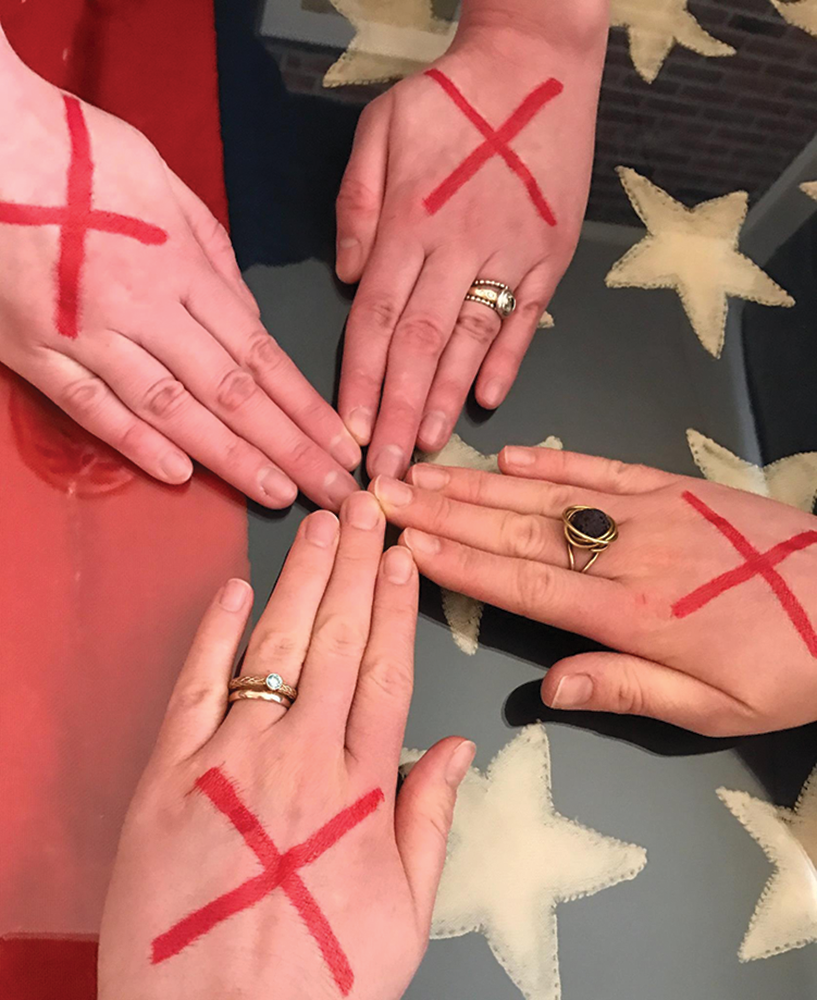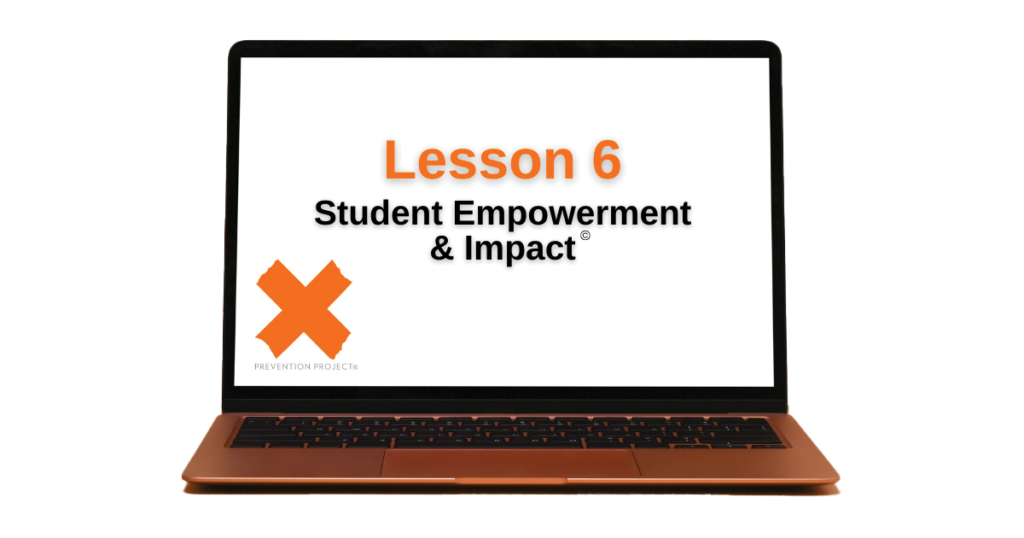Boys & Girls Club Pilots Educational Anti-Human Trafficking Program
"Our goal is to continue educating the youth in our communities through the Prevention Project and other well-vetted human trafficking awareness and education curricula."
Anti-human trafficking can be an uncomfortable topic. We have all seen trafficking situations in movies or on the news, but we tend to feel like it is something far away. We might say, “Things like that just don’t happen in my community to people I know.”
But that is simply not true. In fact, the United States is one of the top buyers within the sex industry, meaning many people from around the world who are trafficked for sex (and for labor) end up right here in our communities.
The Prevention Project was created to start tackling this complicated issue through a demographic that can truly make an impact.
According to their website, prevention-project.org, “the Prevention Project program was born out of a desire to prevent trafficking by empowering youth to protect themselves and others through education and by equipping the next generation of leaders to build safer communities.” The program consists of four to six weekly lessons that teach middle or high-school youth what human trafficking is, provide them with the tools to recognize it and protect themselves, and inspire them to take action in their communities.
Sheena Evans, territorial services coordinator for anti-human trafficking in the Southern Territory, realized that the Prevention Project has the potential to generate great change in the communities served by The Salvation Army and determined that our Boys & Girls Clubs (BGC) are a perfect place to begin this educational program. “My goal is to really equip the kids in our communities,” Sheena shared. “Essentially, I want to make it undesirable for a trafficker to dwell in the communities in each division. One way you do that is by making everyone everywhere aware of their tactics, strategy and presence.” Working closely with Mark Jeffrey, territorial director of Boys & Girls Clubs, it was determined that the Atlanta Peachcrest BGC should be the location for the pilot program before looking at launching across the territory.
Recognizing that this is a complicated and often uncomfortable topic, the leaders at the Peachcrest BGC were very intentional when informing parents and guardians about the program. Jordan Sanders, youth development professional at the Peachcrest BGC, shared that they were unsure if parents would be willing to allow their children to participate due to the nature of the subject matter. But, after notifying them about the program, all of the parents decided to allow their children to participate. “The parents were all saying, ‘Oh, that’s a good thing. That’s a good program.'”
One of the girls in the program commented, “I knew about human trafficking, but I never knew that there were different kinds of trafficking.” Another said, “I learned today that human trafficking can happen to any gender—girl, boy, non-binary, anything.”

Overall, the youth had meaningful discussions and learned skills to recognize and understand red flags for trafficking behavior. They walked through lessons like “Who I Am & Why it Matters” and took home essential online safety material to engage further with their parents or guardians.
“Our goal is to continue educating the youth in our communities through the Prevention Project and other well-vetted human trafficking awareness and education curricula,” Sheena explained. “I hope to bring this curriculum to the Peachcrest Boys & Girls Club high schoolers this summer and weigh the outcomes of our time with them. After this assessment, we will continue to work towards rolling out human trafficking and awareness education throughout the territory.”







